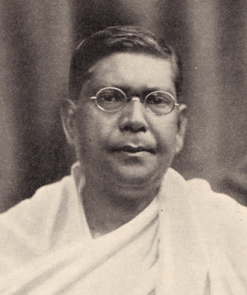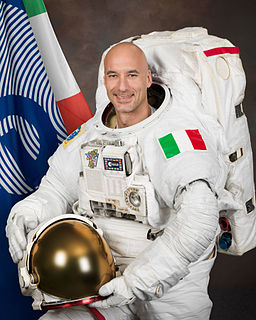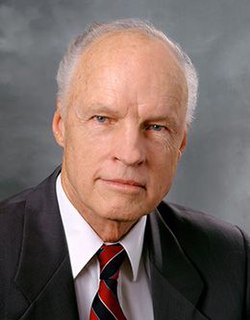A Quote by Jane Austen
We certainly do not forget you, so soon as you forget us. It is, perhaps, our fate rather than our merit. We cannot help ourselves.
Related Quotes
We certainly do not forget you as soon as you forget us. It is, perhaps, our fate rather than our merit. We cannot help ourselves. We live at home, quiet, confined, and our feelings prey upon us. You are forced on exertion. You have always a profession, pursuits, business of some sort or other, to take you back into the world immediately, and continual occupation and change soon weaken impressions.
I believe that God will help us to forget things, the memory of which would do us harm, or rather that He will enable us to remember only so much of them as will be for our good, and we, ourselves, not emotionally overwhelmed. The pain endured. The lesson learned. Let it now be forgotten! Face the future with courage, cheerfulness, and hope. Give God the chance and He will make you forget all that it would be harmful to remember.
We cannot forget that we live and have been living for many years in the midst of an empire. We cannot forget that the different provinces of India are gradually coming closer to one another and a new nationality which comprises not only the different provinces but the whole of India is growing up in our midst and we cannot forget that our interests, even our selfish interests, our hopes, our ambitions are indissolubly connected with the interest of the empire.
Books are a guide in youth, and an entertainment for age. They support us under solitude, and keep us from being a burden to ourselves. They help us to forget the crossness of men and things, compose our cares and our passions, and lay our disappointments asleep. When we are weary of the living, we may repair to the dead, who have nothing of peevishness, pride or design in their conversation.
Our dearest one. Fear nothing of the forest. There is no danger in solitude. We have no need of our brothers. Let us forget their good and our evil, let us forget all things save that we are together and that there is joy as a bond between us. Give us your hand. Look ahead. It is our own world, Golden One, a strange, unknown world, but our own.
We humans are in such a strange position—we are still animals whose behavior reflects that of our ancestors, yet we are unique—unlike any other animal on earth. Our distinctiveness separates us and makes it easy to forget where we came from. Perhaps dogs help us remember the depth of our roots, reminding us—the animals at the other end of the leash—that we may be special, but we are not alone. No wonder we call them our best friends.
We are most blessed when we see ourselves as we are seen by [the Savior] and know ourselves as we are known by Him. In this world, we do not really grasp who we are until we know whose we are. The Lord says, 'I will not forget you. I have graven you on the palms of my hands' (see Isaiah 49:15-16). He will never forget us nor our real identity. [And, neither should we ever] forget whose we are. We are His.
As our lives speed up more and more, so do our children's. We forget and thus they forget that there is nothing more important than the present moment. We forget and thus they forget to relax, to find spiritual solitude, to let go of the past, to quiet ambition, to fully enjoy the eating of a strawberry, the scent of a rose, the touch of a hand on a cheek...





































